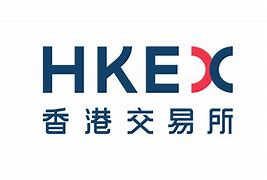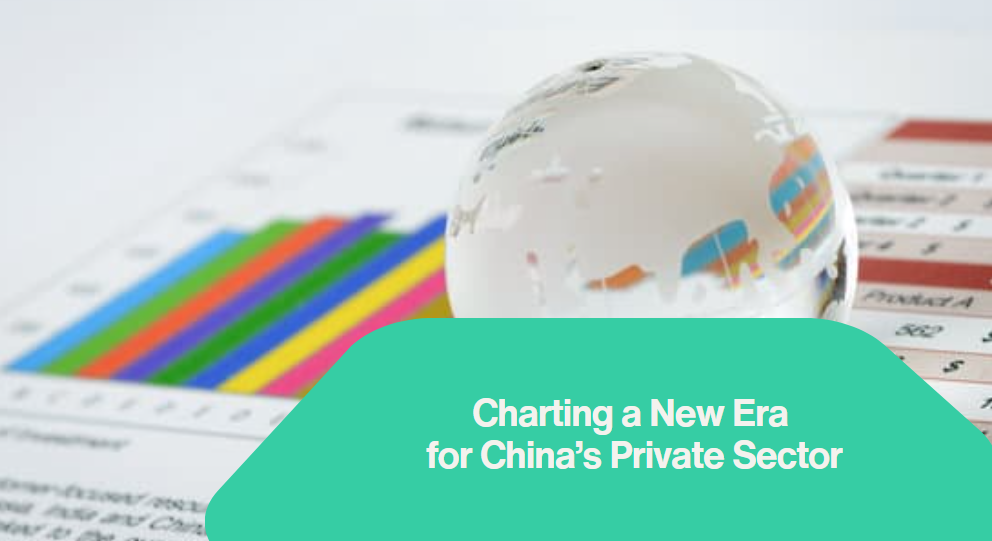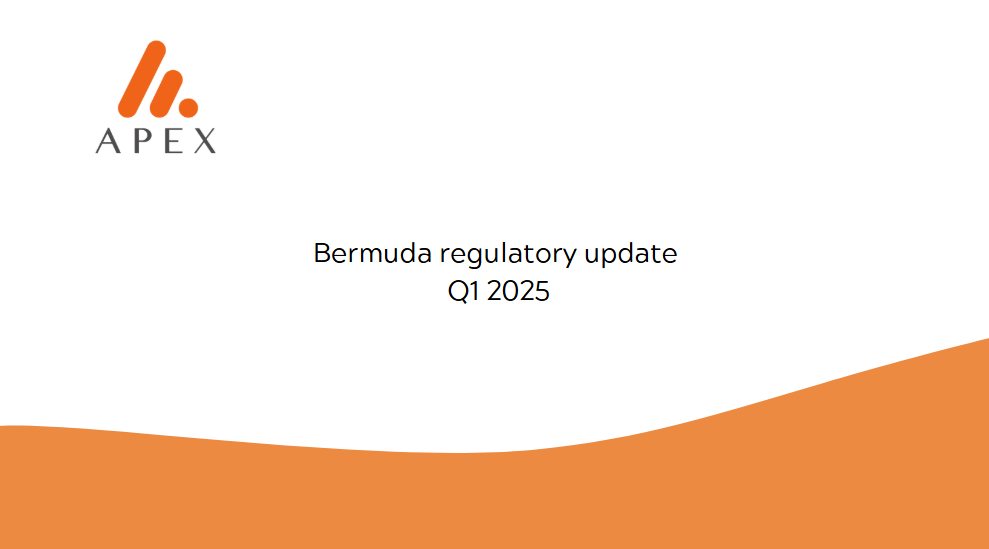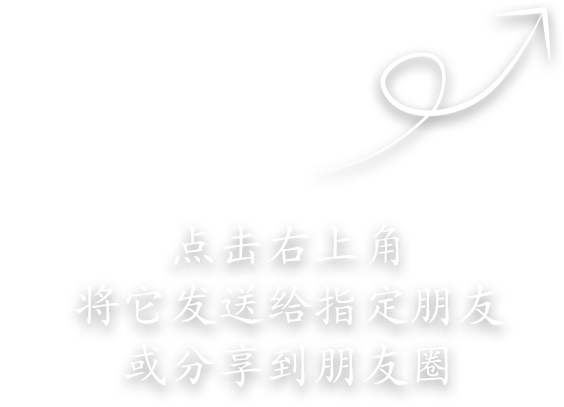Hong Kong's Market Resilience and the Prospects of "Chinese Concept Stocks" Returning
The ongoing geopolitical friction and regulatory shifts in global markets have prompted many Chinese companies, previously listed overseas, to explore re-entry into the Hong Kong market. Since the Hong Kong Stock Exchange (HKEX) reformed its listing system in 2018, 33 Chinese companies, or "China Concept Stocks," have returned, marking a significant trend in cross-border financial movements.
A Strategic Response to Geopolitical Risks
The U.S. trade policies and their global market impact have created uncertainty, but Hong Kong remains resilient. Hong Kong's Securities and Futures Commission (SFC) reported no signs of systemic risks or financial instability despite external economic tensions, noting that there were no signs of excessive leverage or concentration in market positions.
Hong Kong's financial sector continues to monitor market shifts with a robust, real-time, cross-market system designed to quickly respond to potential risks, especially during periods of market fragility. This proactive stance has helped reassure investors and global financial institutions, ensuring that Hong Kong's market remains a stable base for financial operations.

The Evolution of Hong Kong's Listing System
Despite the ongoing trade war, Chinese companies have continued to seek listings in the U.S., with 38 companies still eyeing Nasdaq and the NYSE. Last year, Chinese firms listed in the U.S. reached a 10-year high, showcasing persistent demand for U.S. market access. However, geopolitical risks and uncertainties about U.S. policies may dampen this momentum.
In response, Hong Kong's financial leadership has signaled its commitment to fostering a conducive environment for these companies, emphasizing the city's ability to integrate with global financial markets while maintaining regulatory flexibility. Notably, the HKEX's 2018 reforms allowed unprofitable biotech companies to list, as well as opening doors for dual-class shares and secondary listings.
These reforms were followed by the successful re-entry of tech giants such as Alibaba and Meituan, marking a shift in Hong Kong's role in the global financial ecosystem. The ongoing U.S. delisting risk for Chinese companies has only accelerated this trend. From 2018 to April 2025, 31 companies completed secondary listings in Hong Kong, reinforcing the city's strategic position.
Institutional Preparedness for the Influx
The HKEX has continuously refined its framework to accommodate these returning companies, adapting to the unique business models and structures of Chinese firms. Hong Kong's regulatory landscape, which is more approval-oriented compared to the U.S.'s disclosure-based system, necessitates further adjustments, particularly regarding data security and audit requirements. In 2023, the exchange introduced provisions for specialized technology companies, reflecting its growing inclusivity.
In 2024, further adjustments reduced entry barriers, making it easier for companies with market potential to list in Hong Kong. A more accessible approval process, along with flexible rules for dual primary listings, means that more companies will likely consider Hong Kong as their next financial hub.
Can Hong Kong Absorb the Return of China Concept Stocks?
The question of whether Hong Kong's market can handle the influx of companies is critical. Goldman Sachs estimates that 27 companies, with a total market capitalization of $184 billion, could potentially return. If these companies raise an estimated $42 billion, it could lead to short-term market volatility. However, analysts suggest that the liquidity of the Hong Kong market can accommodate this increased activity, with daily trading volumes in 2025 surpassing historical highs.
The steady inflow of funds, including substantial investments from sovereign wealth funds and mainland China, has bolstered the market's liquidity buffer. As of April 2025, Southbound trading has seen a net inflow of over 170 billion Hong Kong dollars, reflecting a sustained investor interest.




















































First, please LoginComment After ~